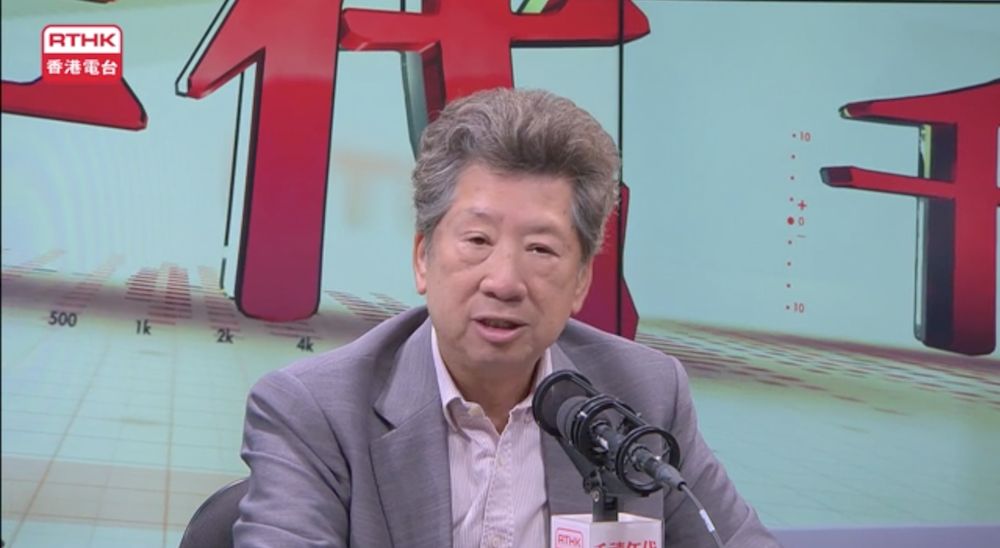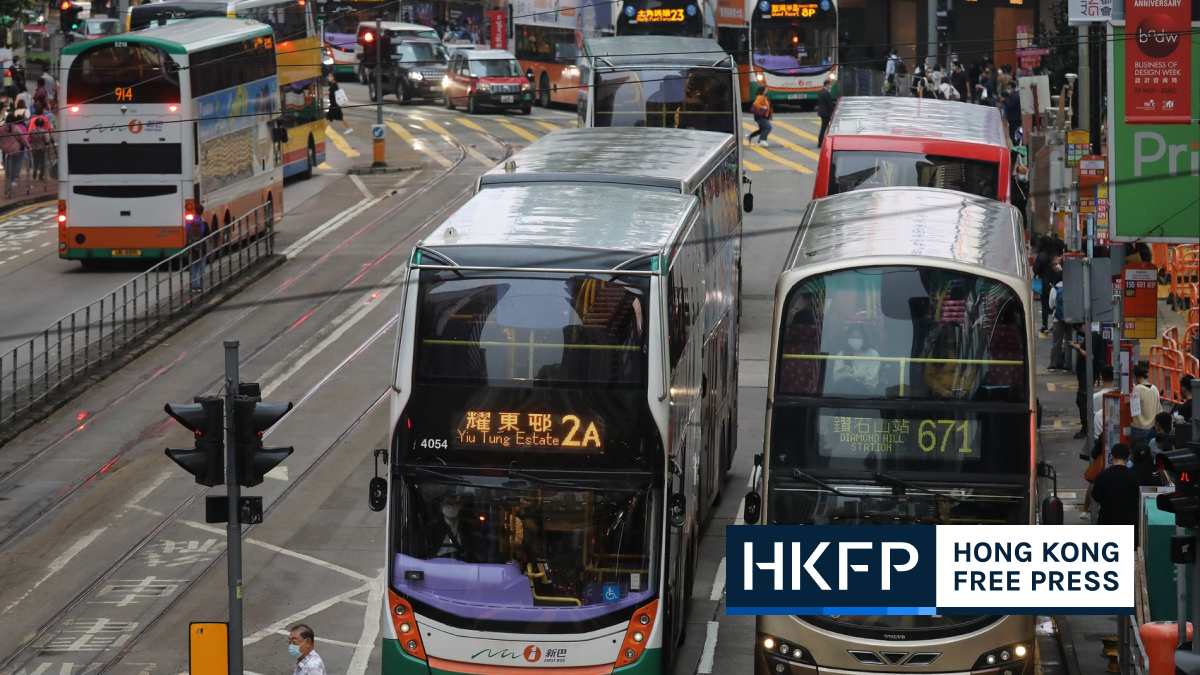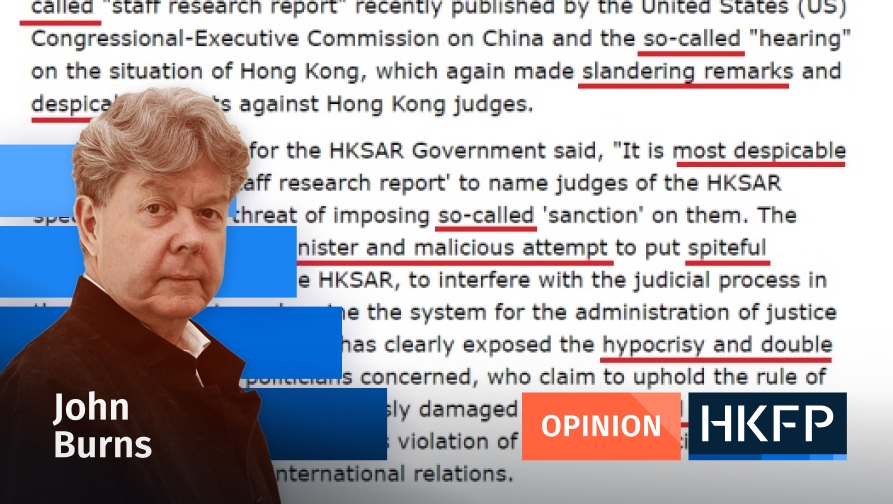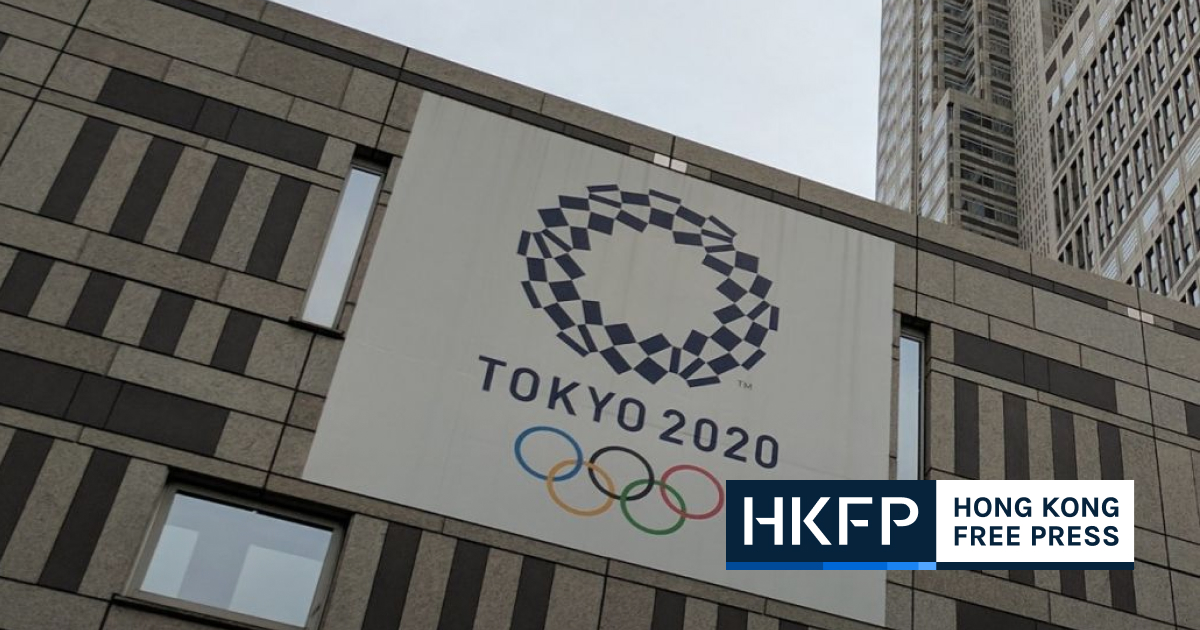Hong Kong Executive Council member Ronny Tong has defended the government’s proposal to impose new restrictions on the legal aid system, saying the changes will merely prevent a small numbers of lawyers from taking a majority of cases.
However legal scholars and barristers said the changes may undermine the constitutionally guaranteed right to choose legal representation in the case of people who cannot afford to pay for lawyers.

The Department of Legal Aid will assign lawyers to legal aid applicants in criminal cases unless there are “exceptional circumstances”, and aid recipients will no longer be able to choose their own lawyers, according to a consultation paper submitted to the legislature last week. The change will dispel misconceptions that individuals are legally entitled to nominate their preferred lawyers under the legal aid scheme, the paper said.
The government will also reduce the number of legal aid civil cases that solicitors can take from 35 to 30 per year, and from 20 to 15 for barristers. This will be a further reduction from 2018, when the initial case limits were 45 for solicitors and 25 for barristers.
Judicial review cases — which seek to challenge the government on existing laws — will be limited to five cases per year for each solicitor and three for each barrister. The cases will also count towards their annual civil case limits.

These limits will “forestall possible over-concentration of cases among certain solicitors/counsel and strengthen gatekeeping,” the paper said. The changes were approved by the Legal Aid Services Council and are expected to be implemented after the department consulted the legislature’s Panel on Administration of Justice and Legal Services.
Affording the right to choose
Pro-establishment politicians have been calling for more restrictions to the legal aid system to prevent “abuse” in the wake of the 2019 anti-extradition bill protests, where over 2,600 people now face prosecution. The government approved HK$42.9 million to finance 311 protest-related legal aid cases, according to figures submitted to the legislature in August.
Tong, a barrister by profession, said the changes would share cases more fairly among lawyers on the legal aid panel. “In the past a particular type of case will concentrate on a smaller number of firms or barristers, which means many firms and lawyers would rely on legal aid to support their practice,” he told an RTHK radio programme on Monday.
By placing a cap on litigation specialties such as judicial review, these cases will be distributed more evenly to different lawyers and allow more of them to gain specialised litigation experience, he said.

On whether having assigned lawyers would undermine the interests and rights of criminal case defendants, Tong said they would have to accept what the system allows if they rely on taxpayers’ money. They could pay from their own pocket if they wished to choose other lawyers.
Critics said defendants would only be able to choose their own lawyers if they can afford it. The changes may violate Article 35 of the Basic Law, which states that Hongkongers have the right to choose their own legal representation, one legal aid lawyer told Stand News.

The founder of the Civic Party and senior counsel Alan Leong warned that the changes may pave the way to a system similar to that of mainland China, where some criminal defendants can only be represented by government-assigned lawyers.
University of Hong Kong legal scholar Johannes Chan said that even under the present system applicants need final approval from the Legal Aid Department to nominate a lawyer of their own choosing. “It is not necessary” to amend the system, he said.
Correction 28.10.21: an earlier version of this story misstated that the Civic Party has disbanded. It has not.
Support HKFP | Policies & Ethics | Error/typo? | Contact Us | Newsletter | Transparency & Annual Report | Apps
Help safeguard press freedom & keep HKFP free for all readers by supporting our team

LATEST FROM HKFP
HKFP has an impartial stance, transparent funding, and balanced coverage guided by an Ethics Code and Corrections Policy.
Support press freedom & help us surpass 1,000 monthly Patrons: 100% independent, governed by an ethics code & not-for-profit.










